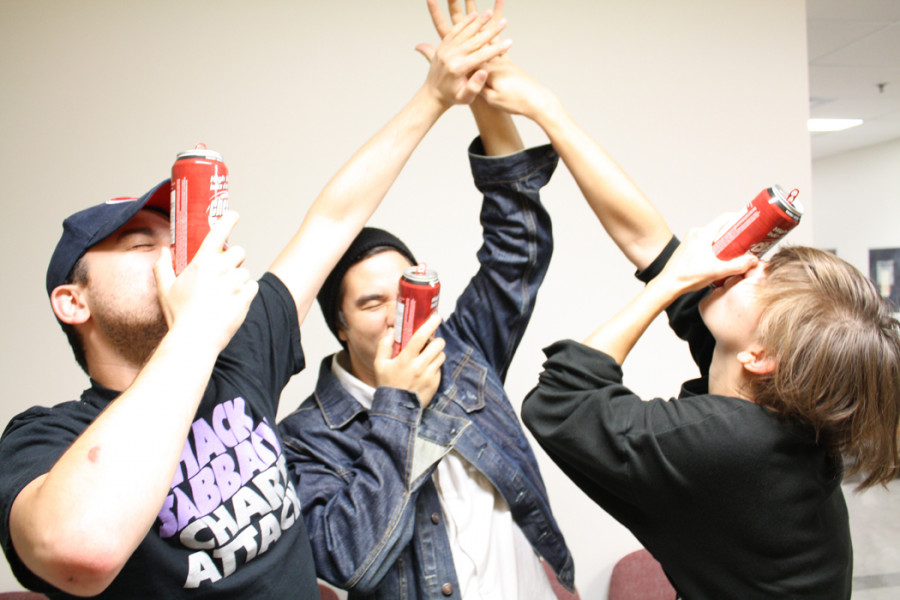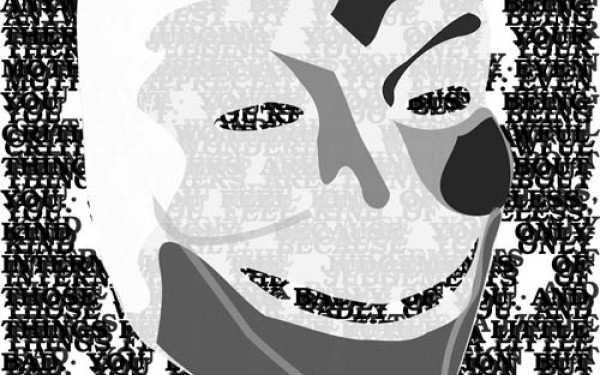Meet VPS-24
Students Ask University to Better Define Space in New Policy
When does a gathering of people become a temporary use of space?
Some students are asking that question after Concordia introduced a new policy on the temporary use of space over the summer.
Under the new policy, known as VPS-24, all use of space at Concordia outside of offices and laboratories is now defined
as a temporary use of space and must be reserved through the university’s booking system.
While the university claims that the policy will make reserving space easier, the students say it goes far beyond that.
“Although I don’t think the Board of Governors created the policy with an intent to do harm, it has a possibility to do so anyways,” said Gonzalo Nieto, an executive at Überculture.
“There is no clear explanation of what public space is within the document and there is no clear difference between one student studying and 50 students studying,” Nieto continued.
A culture jamming group, Überculture engages in art activism that challenges cultural norms and corporate control of media and society.
“The policy is a reflection of some of the issues that have come up and we have tried to develop procedures from time to time on the use of space,” said Michael Di Grappa, Concordia’s VP Services. “This was an attempt to put everything in one place, in one document, at the same time we were developing a new online booking system that would make transparent the spaces that were available and the procedures that were available for people and groups to book the space.”
Although all university space given to student associations is exempt from the policy, Di Grappa confirmed that all space outside of teaching and research was limited.
When asked what a student would need to do if they wanted to do yoga with several friends in an open area at Concordia, Di Grappa stated that the student “would have to make a request, they would have to indicate what room they want to reserve, the date and time, and expected attendance.”
“I don’t think the Board of Governors created the policy with an intent to do harm [but] it has a possibility to do so anyways.”
—Gonzalo Nieto,
Überculture executive
According to the policy, that would need to be done 10 days before the event.
Di Grappa stated that the line between an event that fell under the policy and a gathering that did not was based on a lack
of advertising to the public and not taking place in a space that could be booked by others.
When asked to define public space, something missing from the policy, Di Grappa advanced four definitions over the course of his interview for this piece.
“Public space is those spaces that are available to be booked from time to time.
“It depends on what level of public, in a way, the space is all public because it is all paid for by tax dollars on the other hand, some laboratories are not public, so you are looking at exhibition spaces, classrooms, auditoria and conference rooms.
“The university, at the end of the day, is responsible and liable for what goes on in its buildings.
“It doesn’t mean that anyone can do anything at any time in any place.”
The issue of public space was important for Überculture because the group has held events in the past, like a tea party in the Hall building lobby, which has resulted in Concordia security calling the police.
“There is a high level of ambiguity about what is public space, about what is an event and what security can do about it,” said Nieto. “The lack of students on the body that created this policy means that there isn’t much students can do to appeal the
policy.”
With the policy having undergone 27 edits, Di Grappa said that the current version could still change.
“We are going to put in place a process to review this policy because it just came into effect,” said Di Grappa. “Some language could be problematic or misinterpreted.”
On its blog, Überculture has hinted that it may host an event in the Hall building on Thursday at noon.
This article originally appeared in Volume 31, Issue 05, published September 14, 2010.

_No_.1__900_600_90.jpg)

No_.3__600_900_90.jpg)
_No_.2__900_600_90.jpg)


__thumb_600_375_90_s_c1.JPG)


